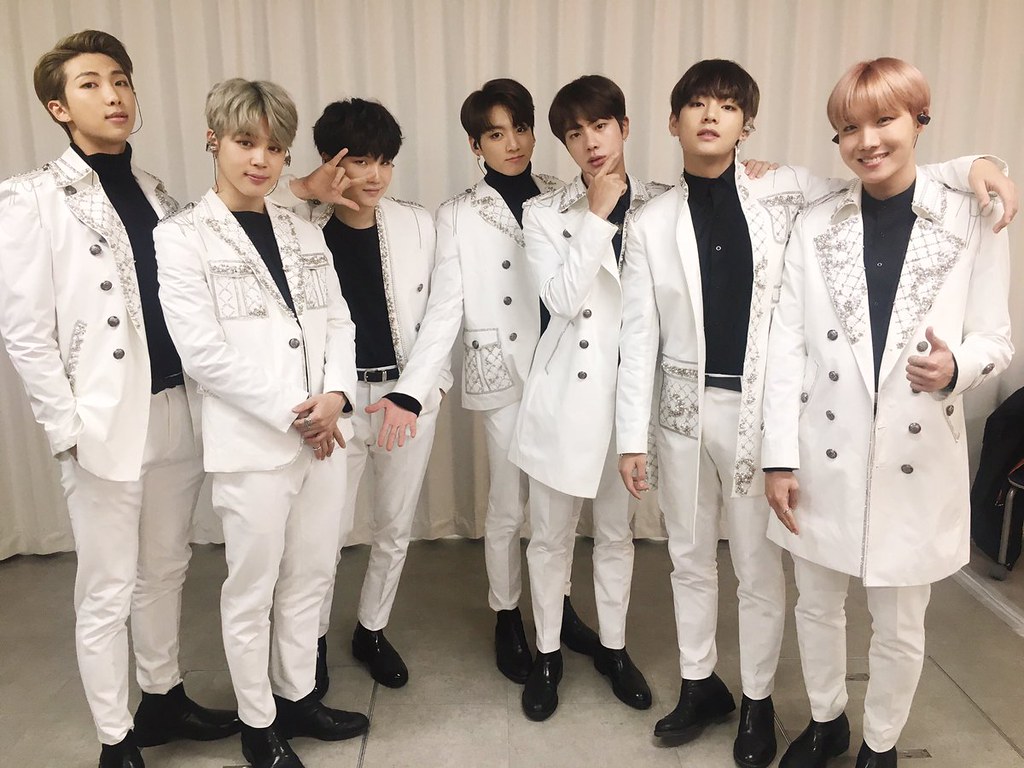Reading Time: 2 minutes
- BTS is a South Korean boy band—BTS is short for BangTan Sonyeondan, which translates to “bulletproof boy scouts.”
- The band was formed in 2010, and it has seven members.
- They debuted in 2013 under an entertainment company called Big Hit Entertainment, which was formed in 2005.
- Big Hit Entertainment signed RM (Rap Monster), the leader of the band, in 2010, and the rest of the members were selected through nationwide auditions.
- So, unlike most other famous western bands, the members of BTS didn’t come together organically (people becoming friends and then forming a band).
- And that is one of the reasons for their popularity—they are considered underdogs who beat some of the most iconic music stars globally (imagine an Indian Idol beating Britney Spears).
- The success is also attributed to their timing—K-pop began in the early 1990s when a few big studios began cultivating artists selected through auditions.
- Once selected, these artists-in-bands had to lead a regimented life (food choices, looks, dance, styling, meeting people, musicality, etc., were all controlled by studios).
- And the emergence of K-pop coincided with a few developments (domestic and international).
- For one, a financial crisis in Asia in 1997 led to many manufacturing businesses in Korea moving to the entertainment sector.
- The financial crisis also led to the South Korean government lifting restrictions on cultural imports from Japan, whose music, videos and dramas were already very popular on the black market.
- So, the Culture Ministry requested a significant budget increase to protect the domestic entertainment industry.
- The ministry rolled out scholarships and incentives for colleges to open culture industry departments (within a few years, South Korea had 300 such departments).
- This led to high-quality Korean content that soon gained popularity in China and Japan—this sudden shift was called Hallyu (Korean wave).
- With the Korean government push and the emergence of Facebook (2004) and YouTube (2005), Hallyu (the prominence of Korean cultural exports) soon left the confines of China and Japan to become a global phenomenon.
- Now, this also meant the birth of a breed of music enthusiasts who were frustrated by the existing regimented culture of studios.
- Among these enthusiasts was Bang Si-hyuk, the founder of Big Hit Entertainment (Point 3 above).
- He promoted a school of entertainment that didn’t look like a template that came out of a factory—what the big studios did in the 1990s.
- BTS is known to be among the early adopters of this new thinking, and the emotional honesty, expressed through their lyrics, press interviews, and personal vlogs, is what sets them apart in the eyes of their fans.
- Today, they have millions of fans who pre-order their albums just on the day they announce it, making BTS’ net worth more than 0.3% of the total GDP of South Korea.
Image courtesy of Jann Shi through Flickr
Reference shelf :






















